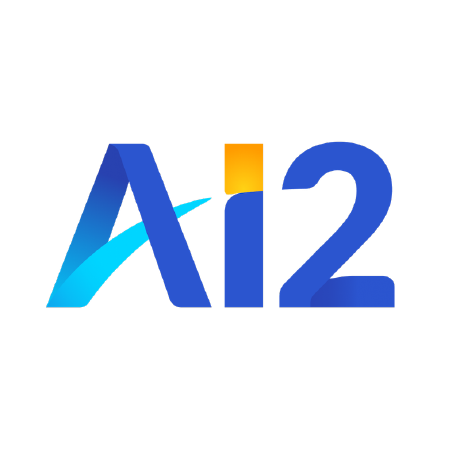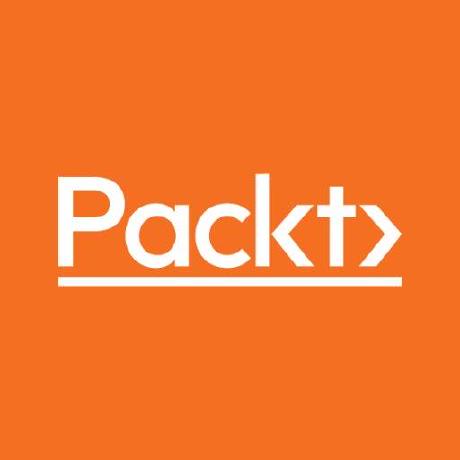Discover and explore top open-source AI tools and projects—updated daily.
Thought-Cloning by  ShengranHu
ShengranHu
Imitation learning framework for enhanced agent capability
Top 96.1% on SourcePulse
This repository provides the official implementation for Thought Cloning (TC), a novel imitation learning framework designed to enhance agent capabilities, AI safety, and interpretability by training agents to mimic human thought processes. It is targeted at researchers and developers in reinforcement learning and AI safety.
How It Works
Thought Cloning trains agents to predict human "thoughts" (intermediate reasoning steps) alongside actions, using a synthetic dataset of human demonstrations. This approach aims to imbue agents with a more human-like reasoning process, leading to improved performance and interpretability compared to standard imitation learning. The implementation leverages a Transformer encoder and an RNN decoder architecture.
Quick Start & Requirements
- Install: Clone the repo, create a Python virtual environment, activate it, install PyTorch 1.7.1+ (with CUDA if available), and then run
pip3 install --upgrade pipfollowed bypip3 install --editable .. - Prerequisites: Python >= 3.6, PyTorch >= 1.7.1, OpenAI Gym == 0.9.6, NumPy == 1.19.5, gym-minigrid == 1.0.0, blosc. Tested with Python 3.9.10 and PyTorch 1.7.1+cu110. Compatibility with newer versions of Gym, NumPy, or gym-minigrid is not guaranteed.
- Setup: Requires downloading a synthetic thought dataset and trained model weights from Google Drive.
- Links: Introduction Tweet Thread
Highlighted Details
- Official implementation for the NeurIPS '23 Spotlight paper "Thought Cloning: Learning to Think while Acting by Imitating Human Thinking".
- Implemented on the BabyAI 2D gridworld domain with a synthetic human thought dataset.
- Includes scripts for reproducing synthetic thought datasets, training TC models, and evaluating zero-shot performance on out-of-distribution environments.
Maintenance & Community
- Primary contributor: Shengran Hu.
- Based on BabyAI 1.1, dan-visdial, and visdial-rl.
Licensing & Compatibility
- The repository itself does not explicitly state a license. The underlying projects (BabyAI, dan-visdial, visdial-rl) have varying licenses, which may impose restrictions. Users should verify licensing for all components.
Limitations & Caveats
- The code is specifically tested and potentially incompatible with older versions of key dependencies like OpenAI Gym, NumPy, and gym-minigrid.
- Requires downloading large datasets and model weights from Google Drive.
1 year ago
Inactive

 SimWorld-AI
SimWorld-AI Unity-Technologies
Unity-Technologies allenai
allenai datawhalechina
datawhalechina Visual-Agent
Visual-Agent peract
peract beyretb
beyretb danijar
danijar edbeeching
edbeeching Genesis-Embodied-AI
Genesis-Embodied-AI PacktPublishing
PacktPublishing openai
openai